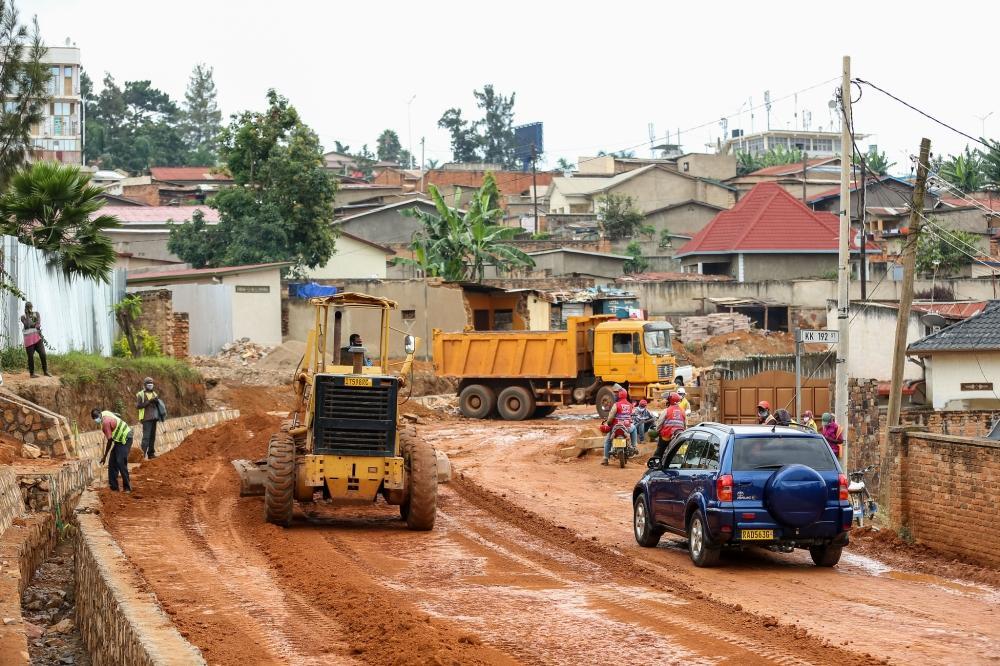Africa-Press – Rwanda. Banks are rejecting collateral on the grounds that roads and other infrastructure developments are planned on some citizens’ land, according to a report by Transparency International Rwanda (TI Rwanda).
The report, focusing on environmental issues and related injustices, was presented last week and reveals significant challenges faced by citizens due to planned infrastructure projects.
In 2024, from January to November, TI Rwanda’s Advocacy and Legal Advice Centre received 2,452 cases, 15 of which were related to environmental issues.
“In the master plan, there are infrastructure-related activities planned on citizens’ lands.
For instance, when citizens apply for loans using their plots or houses as collateral, banks often reject the request, citing that planned roads in the master plan will eventually demolish the properties,” the report explained.
As a result, Odette Mukarukundo who is the Senior Legal Advisor at Transparency International Rwanda said, “citizens are unable to sell, mortgage, or renovate their land or houses, with no clear timeline on when the master plan will be implemented.”
Land titles are currently a reliable tool in terms of financial transactions, with more than 139,700 plots mortgaged for loans amounting to $17 billion (approx. Rwf23 trillion) in the country, as of November 12, according to data from the National Land Authority (NLA).
So far, more than 11.8 million land parcels are registered in Rwanda, as per data from NLA.
Injustice related to infrastructure development
According to the report, some houses and crops have been destroyed due to water not being properly drained from newly constructed roads.
Houses near roads under construction, it shows, have been damaged by soil compaction, while others are precariously positioned on steep roads, leaving them at risk of collapse.
In another case, she said, a citizen’s agricultural land was used by REG for electricity lines without compensation since farming activities could still continue beneath the cables.
However, 10 years later, the master plan reclassified this agricultural land as residential. Due to regulations requiring a 6-meter clearance on both sides of the cables, the remaining land is too small to meet the standard plot size for construction.
“Consequently, the land has become virtually unusable.”
For More News And Analysis About Rwanda Follow Africa-Press






